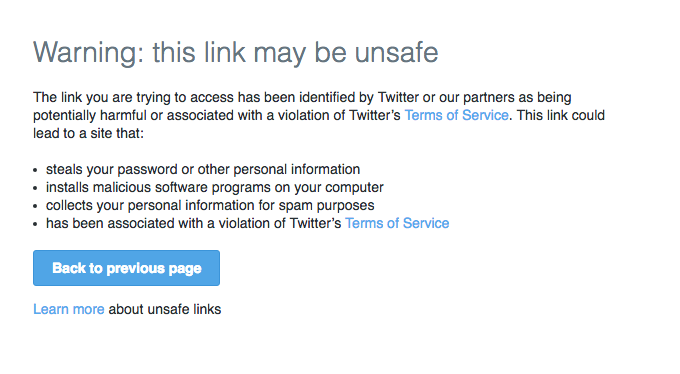X's t.co Links: A Persistent Feature with Evolving Implications

X, formerly Twitter, continues to utilize its proprietary t.co URL shortening service, a ubiquitous feature that automatically converts all posted links into a compact format. This system, integral to the platform's functionality since its early days, serves multiple purposes including character conservation, analytics tracking, and preventing referrer header data from being passed to destination sites. While designed for efficiency, the widespread use of t.co links has sparked ongoing discussions among users and developers regarding their long-term implications.
Historically, t.co links were crucial for adhering to the strict character limits of early Twitter, especially when tweets were often delivered via SMS. The system ensures that regardless of the original URL's length, the shortened t.co version occupies a consistent number of characters, which developers can query via the platform's API. This standardization aids in consistent character counting within the tweet composition interface.
However, a significant concern raised by the community pertains to the archival of tweets. When users download their tweet archives, the original URLs are often replaced by their t.co counterparts. Should the t.co redirection service ever cease operation, these archived links could become defunct, leading to a loss of context and accessibility for historical content. This issue highlights a potential vulnerability in the long-term preservation of digital discourse.
Furthermore, while t.co itself is a legitimate service, its function as a redirector can be exploited in phishing and scam attempts. Malicious actors sometimes embed harmful links within t.co wrappers, leveraging the trust associated with the platform's official shortener. Users are advised to exercise caution, as accessing a t.co link requires vigilance, given that it can redirect to any external site.
The continued prominence of t.co underscores X's control over the flow of information shared on its platform, offering both convenience and a layer of abstraction. As the digital landscape evolves, the balance between user experience, data integrity, and security remains a critical consideration for platforms employing such pervasive link-shortening technologies.